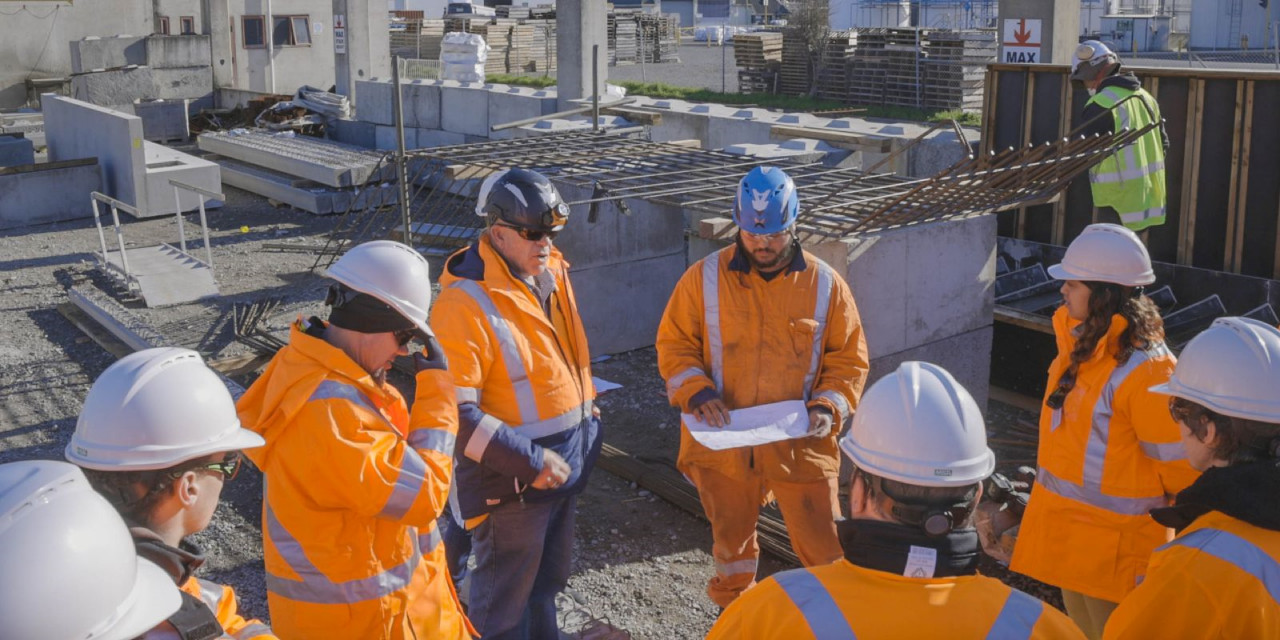We receive this question often. A few times a day. I want to talk to you about something that may surprise many of you if you are planning to work in New Zealand.
In many countries, especially across Asia, the Middle East, or Eastern Europe, tradespeople often rely on agents or labour contractors. Sometimes the process is simple: you pass a short skill test, maybe show a certificate, and the agent places you straight into a job. You don’t really have to “present yourself” in words, on paper, or in an interview — because someone else does that for you.
The truth is, New Zealand is very different in this respect.
In New Zealand, an employer doesn’t just look at your hands — they look at your head and your heart as well. If you cannot talk about your job clearly, if you cannot write or prepare a decent CV, and if you don’t drive… from an employer’s point of view, you are almost invisible.
Let me explain.
First example: Talking about your job.
Imagine you are a carpenter. In some countries, it’s enough just to say, “I have 10 years of experience.” But here, an employer wants to hear details. They may ask:
- What type of houses have you built? From wood, concrete or metal? Commercial or residential construction?
- Do you know how to read drawings?
- Can you work independently without constant supervision?
- What was your particular role in the team?
If you cannot answer with confidence, they will assume you don’t have the skills — even if you actually do!
Second example: CV.
In many places, a CV is just a formality, sometimes one page with your name and job title. In New Zealand, the CV is a sales tool. It must show your skills, your experience, and even your attitude. A CV that only says “welder, 12 years’ experience” will not open doors here. But if it says, “Skilled MIG and TIG welder with 12 years’ experience in structural steel, stainless, and aluminium. Worked on bridges, food factories, and commercial buildings. Strong safety record, trained apprentices, and always delivered on time,” — that’s the kind of CV that gets you an interview.
Third example: Driving.
Some of you may think driving is a small issue. But in New Zealand, sites are often far apart, public transport is limited, and employers expect you to drive. A tradie without a driving license is like a carpenter without a hammer — you are simply a liability, not a value.
So, my message is simple: to succeed in New Zealand, you must prepare not only your hands but also your voice, your paper, and your wheels.
Hands: your trade skills.
Voice: your ability to explain your work in clear English.
Paper: your CV and documents.
Wheels: your driving license and mobility.
One more thing — attitude matters a lot here. New Zealand employers value people who are reliable, friendly, and willing to learn. Even if your English is not perfect, show your enthusiasm, your work ethic, and your respect for safety. That combination makes you very attractive to employers.
So please, don’t think: “I am a good tradesman, my work will speak for me.” No — in New Zealand, your work will only speak after you’ve been hired. To get hired, you must speak for yourself first.
If you take these steps — learning how to present yourself, writing a strong CV, practising job interviews, and getting your driving sorted — you will not only find a job, but you will also build a good life in New Zealand.




